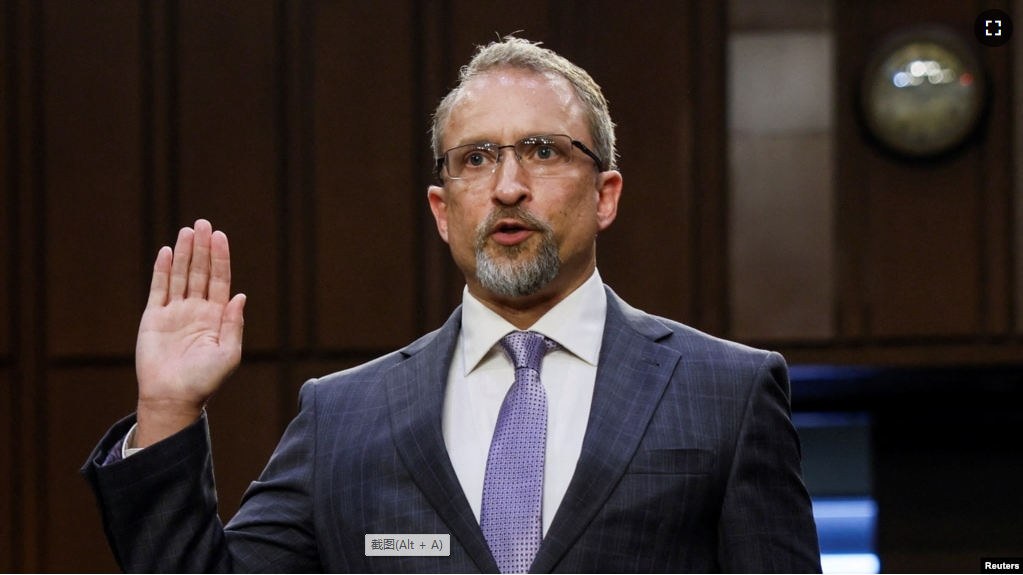The Chinese government bars 1.4 billion Chinese citizens from using the social media service Twitter. But, its local officials spend money on worldwide advertising on the service.
China has become the service’s fastest-growing foreign advertising market and one of its largest non-U.S. providers of income for the service.
Reuters reporters found that local government officials and Chinese Communist Party propaganda offices were buying advertising over the past two years. They bought the ads for cities and local governments aiming to increase visitors.
Ads aim to support local economies
Twitter said it does not usually permit advertising from state-run media. But it has made exceptions in some cases. The advertisements from Chinese state media show local places for visitors and cultural and economic interests.
Twitter’s dealings in China became a subject of public discussion recently. Twitter’s former security chief Peiter Zatko spoke in a U.S. Senate Judiciary committee hearing.
He said that the Federal Bureau of Investigation (FBI) told Twitter there was a Chinese agent working at the company. Zatko told the senators that the agent was said to be from China’s Ministry of State Security, the country’s main spy agency. Twitter denies this.
Endangered users
Zatko also said that “Twitter executives knew that accepting Chinese money risked endangering users in China.” Zatko said others at Twitter told him the money coming in from China was too important to stop. However, Reuters said it could not independently support those claims. People who asked not to be identified told Reuters that Twitter’s sales of advertising to Chinese groups are estimated to be in the “hundreds of millions of dollars a year.”
Zatko also told the Senate committee that some Twitter employees had been troubled about the situation. They were worried that, while Twitter is banned in China, the service was still taking money from organizations linked with the Chinese government.
‘Information imbalance’
Sinead McSweeney is Twitter’s vice-president of worldwide public policy. She wrote in a March social media message that when governments that block access to Twitter within their state continue to use it for their own communications, there is an “information imbalance.”
There have been many ads for Chinese local governments, as well as for state media themselves, published on Twitter since March.
During the pandemic closure of China’s borders, local Chinese officials continued buying advertising on foreign social media. It is not clear why they placed these advertisements.
Accounts belonging to city officials in Chongqing, run by the Communist Party’s official People’s Daily, all continued to advertise on Twitter until as recently as last month.
Court records and media reports say that Chinese courts have sentenced many people in the past three years for using Twitter to criticize officials. At the same time, state-run organizations have continued to purchase ads on Twitter.
I’m Jill Robbins.
Fanny Potkin, Eduardo Baptista and Tony Munroe reported on this story for Reuters. Jill Robbins adapted it for VOA Learning English.
_______________________________________________________________________
Words in This Story
endanger – v. put someone or something in a situation where they might be harmed or destroyed
access –n. a way of being able to use something
